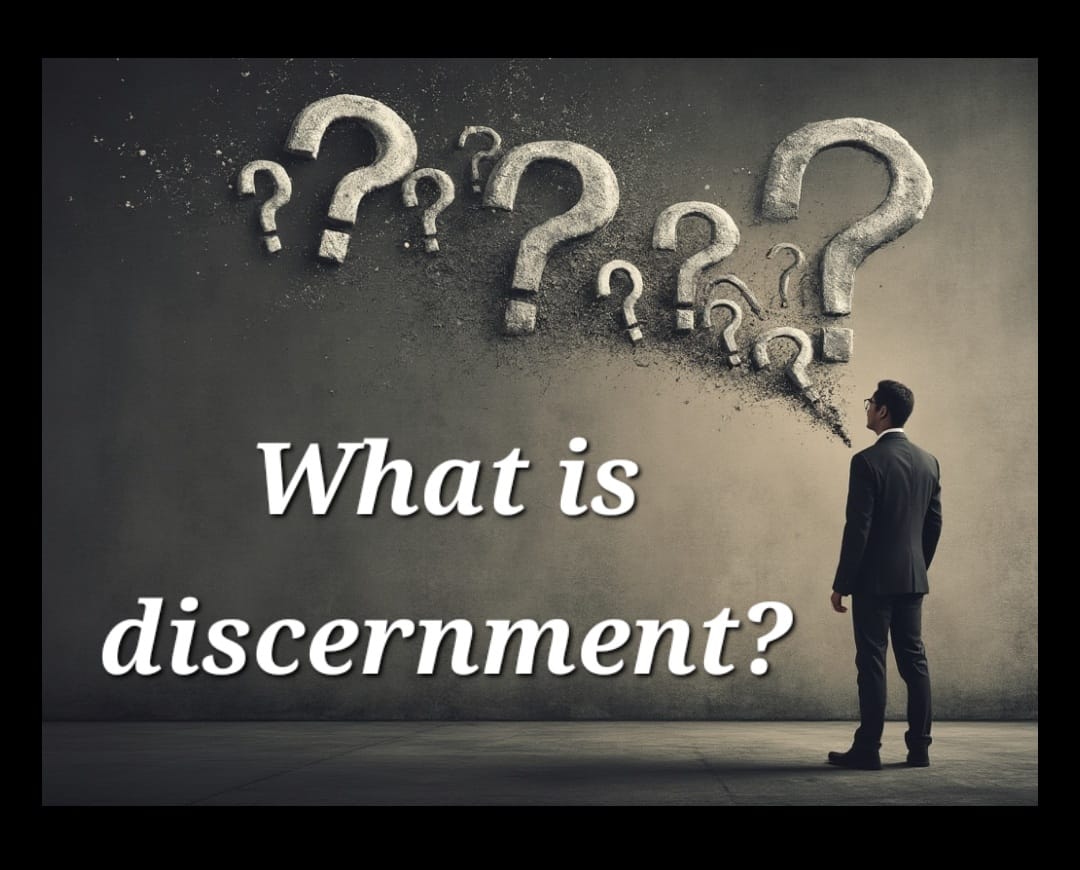
What is Discernment?
Daniel JusticeShare
Discernment refers to the ability to judge or distinguish between right and wrong, truth and error, or good and evil. Here are some key aspects of discernment:
Discernment involves spiritual understanding, often seen as a gift from God. It allows individuals to perceive things through a spiritual perspective, beyond mere human judgment. For instance, 1 Corinthians 2:14 notes that the natural person does not accept the things of the Spirit of God, but the spiritual person can discern them.
Moral Judgment: It includes the ability to make moral judgments based on God's laws and teachings. Hebrews 5:14 speaks of mature Christians who through practice have their faculties trained to discern good and evil.
Discernment aids in decision-making by helping believers understand the will of God in various situations. This is often seen in contexts like Romans 12:2, where Paul urges transformation by the renewing of the mind, so one may discern what is the will of God.
Believers are encouraged to test the spirits to discern whether they are from God, as mentioned in 1 John 4:1. This implies a discernment that can recognize true teachings and divine guidance from false or misleading spirits.
In the context of church and community, discernment is crucial for leadership. Acts 6:3 suggests choosing leaders who are full of the Spirit and wisdom, implying discernment as a key quality.
Beyond spiritual matters, discernment also applies to everyday life, providing wisdom in handling earthly affairs with a heavenly perspective (Proverbs 1:2-4).
Biblical discernment is not just about making choices or recognizing spirits but involves a deep, God-given insight into truth, enabling believers to navigate life, make righteous decisions, and lead or serve within Christian communities effectively. It's a blend of wisdom, spiritual insight, and practical judgment, all rooted in a relationship with God and a thorough understanding of His Word.
